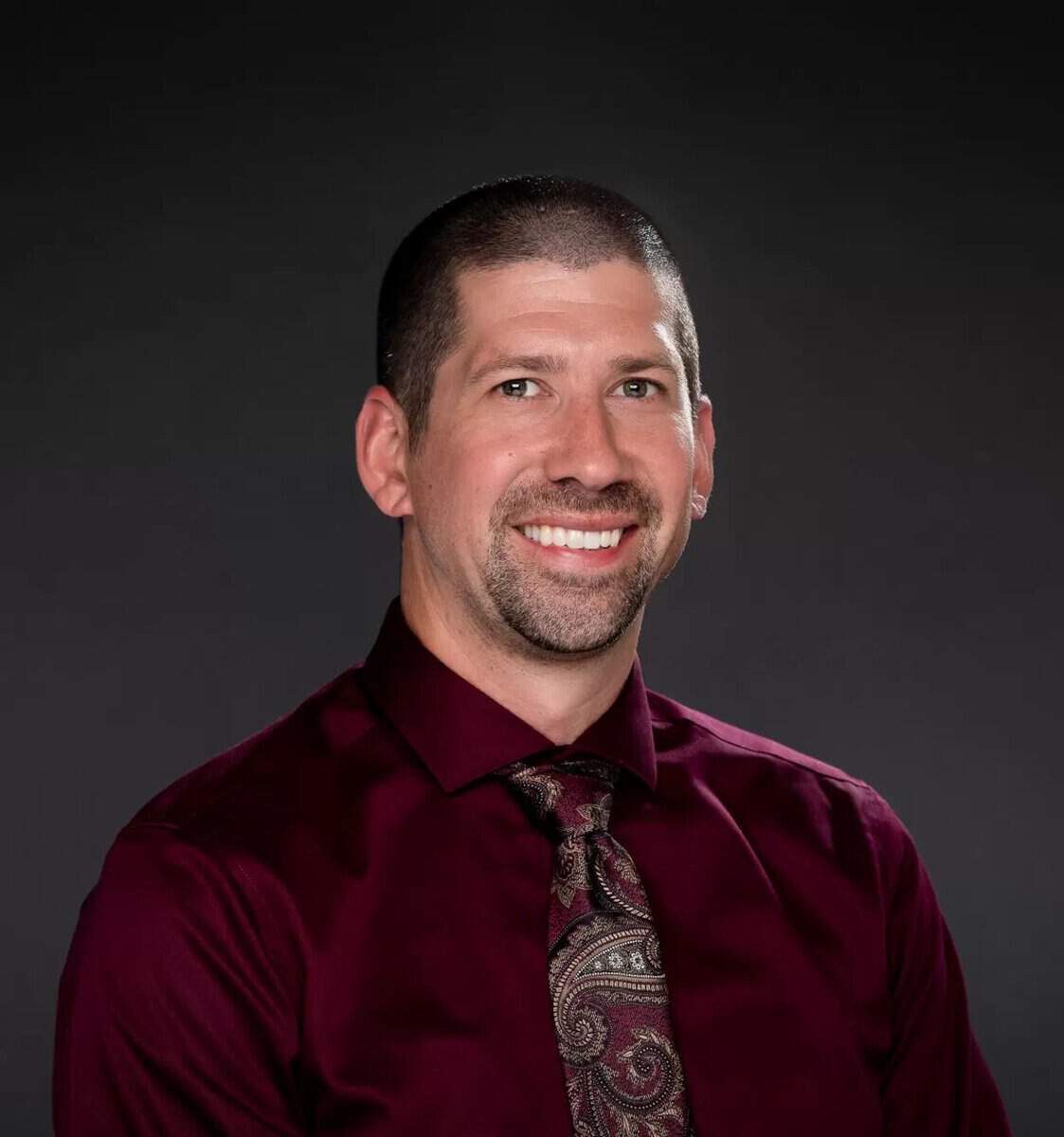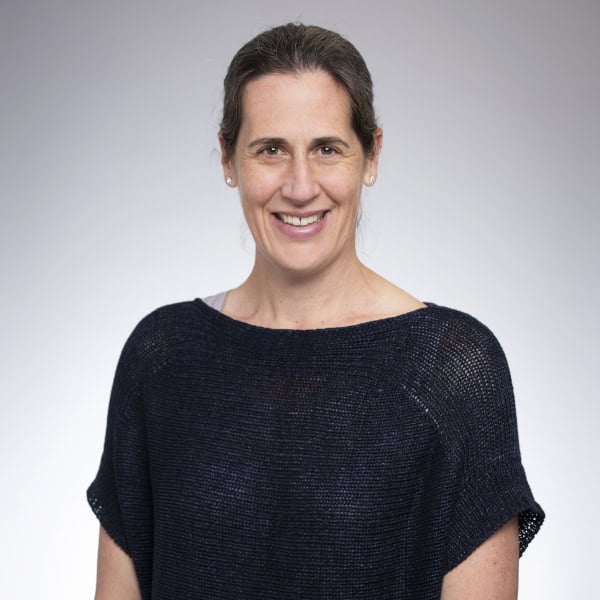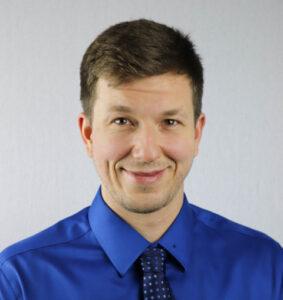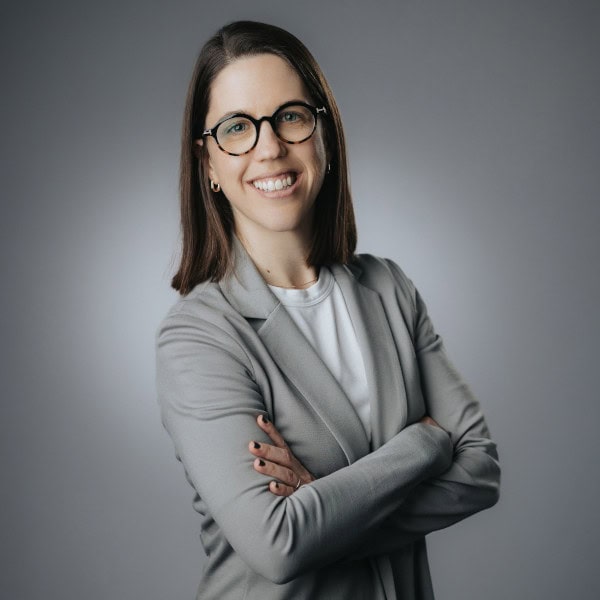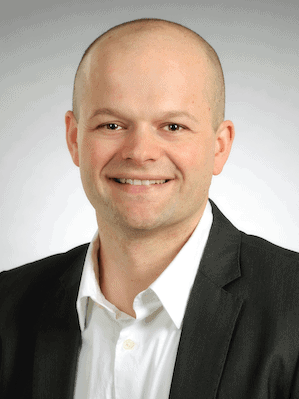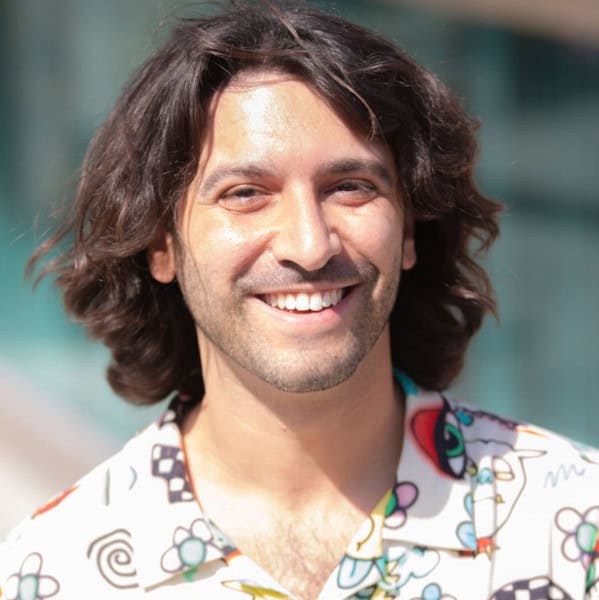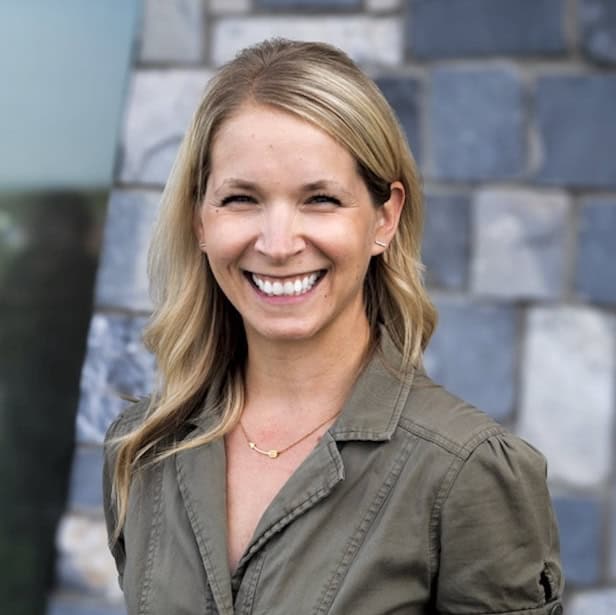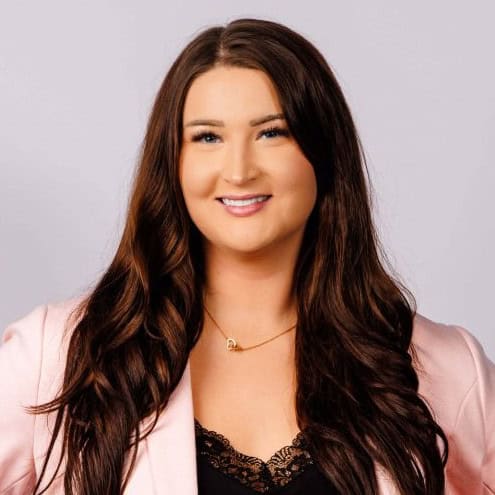About
About
History
The Canadian Society for Psychomotor Learning and Sport Psychology/Société Canadienne D’Apprentissage Psychomoteur et de Psychologie du Sport (SCAPPS) had its beginnings in Edmonton in 1969 as a meeting of scholars, both faculty and graduate students, interested in research in psychomotor learning and sport psychology. It was founded as a society in Banff, Alberta, in 1977.
Activities
In fulfilling its objectives, the Society engages in three main activities. These are:
- An annual conference at which scholars are invited to present their research.
- The Franklin Henry Young Scientist Award, which is presented at the annual conference to an outstanding trainee scholar.
- An Annual General Meeting where SCAPPS members are informed about executive actions, reports, and recommendations, and are provided with an opportunity to vote on motions pertaining to SCAPPS business. Regular email communications also inform members about the society’s activities.
Objective
SCAPPS has as its main objectives the following:
- To promote the study of Sport and Exercise Psychology, Motor Control, Motor Learning, and Motor Development in Canada.
- To encourage the exchange of views and scientific information in the fields related to psychomotor behaviour and sport/exercise psychology.
Membership
Membership in the Society is maintained on an annual basis. The following are the main membership categories:
- Professional Member: Professional membership is for individuals who are engaged in the study, the practice, or the marketing of psychomotor learning, motor control, motor development or sport/exercise psychology but are not currently enrolled in training related to the field. Academic faculty and other professionals fall into this category.
- Trainee Member: Trainee membership is for individuals who are enrolled or in training full- or part-time at a recognized university in a program of study in psychomotor learning, motor control, motor development, or sport/exercise psychology. Current undergraduate students, graduate students, and postdoctoral fellows fall into this category.
If you are interested in becoming a member of the Society, please visit the Become a Member page.
Past Presidents
| Year | President |
|---|---|
| 2022-2024 | Erin Cressman |
| 2020-2022 | Katherine Tamminen |
| 2018-2020 | Tanya Berry |
| 2016-2018 | Chris Shields |
| 2014-2016 | Luc Tremblay |
| 2012-2014 | Tim Welsh |
| 2010-2012 | Nick Holt |
| 2008-2010 | Joe Baker |
| 2007-2008 | Gord Binsted |
| 2006-2007 | John Spence |
| 2005-2006 | Brian Maraj |
| 2004-2005 | Patti Weir |
| 2003-2004 | Daniel Weeks |
| 2002-2003 | Peter Crocker |
| 2001-2002 | Diane Ste-Marie |
| 2000-2001 | Luc Proteau |
| 1999-2000 | Wendy Rodgers |
| 1998-1999 | Eric Roy |
| 1997-1998 | Digby Elliott |
| 1996-1997 | Janice Deakin |
| 1995-1996 | Janet Starkes |
| 1994-1995 | Peter Crocker |
| 1993-1994 | Sandy Romanow |
| 1992-1993 | Dave Goodman |
| 1991-1992 | Tim Lee |
| 1990-1991 | John Dickinson |
| 1989-1990 | Luc Proteau |
| 1988-1989 | Craig Hall |
| 1987-1988 | Ian Franks |
| 1986-1987 | John Albinson |
| 1985-1986 | Claude Alain |
| 1984-1985 | Jim McClements |
| 1983-1984 | Robert Kerr |
| 1982-1983 | Jack Leavitt |
| 1981-1982 | Wayne Halliwell |
| 1980-1981 | Sue Moxley |
| 1978-1979 | Peter Klavora |
| 1977-1978 | Barry Kerr |
| 1976-1977 | John Salmela |
| 1975-1976 | John Salmela |
| 1974-1975 | Brent Rushall |
| 1973-1974 | Gary Sinclair |
| 1972-1973 | Ian Williams |
| 1971-1972 | Ronald Marteniuk |
| 1970-1971 | Jack Leavitt |
| 1969-1970 | Robert Wilberg (unofficial) |
Fellows are members of the Society who have made a distinguished contribution to the advancement of the fields of psychomotor learning and sport psychology or who have given exceptional service to this Society.
Effective January 1, 2004 SCAPPS adopt the following selection criteria for ‘Fellow’ status.
General
Only 10% of active professional members may hold ‘Fellow’ status.
Individual
- Demonstrates high standards of professional development by contributing directly to SCAPPS as evidenced by presentations at annual conferences, organizing of SCAPPS conferences, and membership on SCAPPS executive.
- 20 years post-doctorate or equivalent terminal degree from an accredited institution.
- Cumulative SCAPPS membership of 15 years. Made significant contributions to the scientific body of knowledge related to SCAPPS.
- Receive approval by 5/6 vote of Executive.
Application
Current CV of the nominee and two letters of reference from professional members of SCAPPS should be forwarded, by August 15, 2025, to the SCAPPS executive care of the active president (David Hancock; dhancock@mun.ca).
Current and Past Fellows
Kathleen Martin Ginis
Diane Ste-Marie
Jean Côté
Romeo Chua
Luc Proteau
Eric Roy
Tim Lee
Larry Brawley
Peter Crocker
Ian Franks
Janet Starkes
Jack Leavitt
Ron Marteniuk
Len Wankel
Robert Wilberg
Digby Elliott
Craig Hall
Albert Carron
Award Information
Award Overview:
This award recognizes scholarly research of SCAPPS’ trainee members. This recognition will be evidenced by scholarly contributions to date (detailed in a CV) and the quality of thesis-related research as judged by one exemplar of this work (i.e., new, submitted, or recently published). Awardees are expected to attend the SCAPPS conference and present the data from the submitted paper or an overview of their thesis work related to the submitted paper. The presentation must be novel and not solely based on data presented previously at a conference venue.
Award Guidelines
Eligibility:
- The applicant must be the principal author of the scholarly paper submitted for the award, which shows evidence of scholarly work representative of the trainee’s thesis.
- The applicant must have been a student at the time that the research for the submitted scholarly paper was completed.
- The applicant must have been registered as a student within the 12 months before the application date of the Franklin Henry Young Scientist Award.
- The applicant must be a SCAPPS member at the time of application submission.
- The applicant must not have been a previous recipient of the Franklin Henry Young Scientist Award.
- All application materials must be submitted by the deadline.
Award:
Up to three (3) awards are available for each given year. One award is possible in each of the areas of: (1) Sport Psychology, (2) Exercise and Health Psychology, and (3) Motor Learning/Control. Applicants are required to submit via their preferred portal, but the award adjudicators may choose to move the application to another area if deemed appropriate after consultation.
Each award consists of:
- One registration at the current SCAPPS conference.
- One SCAPPS membership for the year following the receipt of the award.
- One financial award of up to $500 CAD to offset costs (travel, accommodation, and/or registration) incurred when the awardee attends a relevant academic conference*
*Notes: 1) the award recipient will receive the funds following submission of original receipts to the SCAPPS Treasurer; 2) the travel must occur within a 1-year period after the awardee receives the award and can include the SCAPPS conference for the year following the receipt of the award.
Submission Guidelines:
The application must include the following:
- One brief cover letter indicating (i) materials submitted, (ii) the current professional status of the applicant (iii) a brief chronological history of student status, and (iv) details regarding the submitted paper including: the relationship of the submitted paper to the student’s overall thesis and the state of submission regarding the submitted paper. With respect to the latter this includes the journal title of any intended or submitted work. Eligible papers can have been published up to 12 months preceding the Franklin Henry Young Scientist Award application deadline (so papers published in the last calendar year are eligible for consideration for the Franklin Henry Young Scientist Award).
- One curriculum vitae. The CV should conform to the five headings below:
- Demographic information pertaining to post-secondary education, including dates and supervisor name.
- Any awards (related to education and research) related to graduate study.
- Publications (including submitted and in-press) along with indications of contribution to the paper (i.e., whether this was part of your PhD, Masters, or other RA work). This information is especially important on multi-authored papers.
- Conference presentations.
- Other relevant research and/or extracurricular activities (e.g., visiting researcher, organizer of conference workshops, knowledge translation activities, USport athlete, volunteer or clinical experience).
- One copy of the scholarly paper. The page limit for the submitted scholarly paper is 25 double spaced pages excluding tables, figures, and references. (Note: manuscripts that have been submitted or accepted for publication at the time of award submission which fit outside of this 25 page limit will be permitted). Preferably, the paper will follow APA guidelines (7th edition), although for published/submitted work, adherence to journal guidelines will be accepted. All submissions should include an abstract (max 300 words). The submitted paper must be part of the student’s thesis and representative of current work (i.e., either not published or if published, published in the year preceding the application for the YSA).
- Data previously presented or submitted to a journal can be used in the scholarly paper.
- Papers that do not adhere to the submission criteria will not be reviewed.
Application
For the 2025 competition (deadline: May 5, 2025), please upload a single PDF file containing all application materials to the appropriate portal: (1) Sport Psychology; (2) Exercise and Health Psychology; or (3) Motor Learning/Control. You can only submit to one of these three areas. Applicants will be notified of decisions by June 9, 2025. Applicants not chosen for the award are encouraged to resubmit their abstracts as part of the regular conference program. For questions, please contact the Director of Sport and Exercise Psychology (Dr. Sebastian Harenberg; sharenbe@stfx.ca) or the Director of Motor Learning and Control (Dr. Tristan Loria; tristan.loria@wsu.edu).
Award Adjudication
The award will be judged both on the student’s CV (50%) and the quality of the submitted paper (50%) as evidence of thesis-related work.
The reviewers will be considering the quality of the submitted Scholarly Paper based on the following criteria:
- Scientific/methodological rigor (e.g., strong design, appropriate to the research question addressed, appropriate sample size).
- Innovative/originality (e.g., uses a new methodology, has novel implications, focuses on an underserved population, poses an original research question).
- Scientific merit/contribution (e.g., provides insight into conceptualization of theory or construct, advances understanding, clear potential application).
- Clarity of presentation (e.g., well-written, grammatically correct).
The Curriculum Vitae will be judged on impact of work and scholarly promise as evidenced by the following:
- Journal publications (quantity, quality, and contribution).
- Academic awards.
- Conference participation (quantity, diversity, and leadership roles).
- Any other relevant information pertaining to research-relevant training and excellence.
Past Recipients
| Year | Recipients | ||
|---|---|---|---|
| 2024 | Joëlle Hajj | Sara Kramers | Jenson Price |
| 2023 | Danielle Alexander | Maeghan James | Laura St. Germain |
| 2022 | Joseph Manzone | Shannon Herrick | Maji Shaikh |
| 2021 | Raphaël Hamel | Zoë Poucher | ‐ |
| 2020 | Jeemin Kim | Tristan Loria | Maxine Myre |
| 2019 | Amanda Wurz | Gerome Manson | Kelsey Kendellen |
| 2018 | Veronica Allan | Christopher Forgaard | Eva Pila |
| 2017 | Erica Bennett | April Karlinsky | Celina Shirazipour |
| 2016 | Sara Scharoun | Eun-Young Lee | Alex Benson |
| 2015 | Ben Sylvester | Jarrod Blinch | ‐ |
| 2014 | Justine Dowd | Michael Carter | ‐ |
| 2013 | Heather Gainforth | Jeff Weiler | ‐ |
| 2012 | Marie-Josée Perrier | Christopher Cowper-Smith | ‐ |
| 2011 | Jennifer Brunet | – | ‐ |
| 2010 | Dany MacDonald | Dana Maslovat | ‐ |
| 2009 | Kristina A. Neely | Kim Shapcott | ‐ |
| 2008 | Kelly Arbour | Anthony Carlsen | ‐ |
| 2007 | Jessica Fraser | Erin Cressman | ‐ |
| 2006 | Meghan McDonough | Olav Krigolson | ‐ |
| 2005 | Catherine Sabiston | Flavio Oliveira | ‐ |
| 2004 | Phil Wilson | Quincy Almeida | – |
| 2003 | Patrick Gaudreau | Timothy Welsh | ‐ |
| 2002 | Amy Latimer | Luc Tremblay | ‐ |
| 2001 | Adam Dubrowski | Shannon Clark | ‐ |
| 2000 | Joe Baker | – | ‐ |
| 1999 | Kent Kowalski | – | ‐ |
| 1998 | Tim McGarry | Natalie Durand-Bush | ‐ |
| 1997 | Thana Hodge | Sandra Moritz | ‐ |
| 1996 | Andrew Reed | Heather Hausenblas | ‐ |
| 1995 | Shannon Robertson | Kathleen Martin | ‐ |
| 1994 | Therese Brisson | Ann-Marie O’Halloran | ‐ |
| 1993 | Yannick Blandin | John Spence | – |
| 1992 | Paul Van Donkelaar | Romeo Chua | Kerry Courneya |
| 1991 | Patti Weir | Wendy Rodgers | ‐ |
| 1990 | Winston Byblow | – | – |
| 1989 | Richard Carson | Dave Robinson | ‐ |
| 1988 | Heather Carnahan | Adrian Taylor | ‐ |
| 1987 | Ray Young | ‐ | ‐ |
| 1986 | Tina Gabriele | John Durkin | ‐ |
| 1985 | Joan Vickers | ‐ | ‐ |
| 1984 | Lise Gauvin | David Lacombe | ‐ |
| 1983 | Peter Crocker | ‐ | ‐ |
| 1982 | – | – | – |
| 1981 | – | – | – |
| 1980 | Tim Lee | Kevin Spink | ‐ |
Nomination Guidelines
The SCAPPS conference has been an outstanding knowledge dissemination forum since 1969. More importantly, SCAPPS has showcased Franklin Henry Young Scientist Award winners, who are outstanding research trainees. Many more outstanding trainees have benefited from the rich scholarly environment provided by the SCAPPS conference. These outstanding students have been trained by excellent mentors and supervisors. As a result, the SCAPPS Executive would like to recognize faculty members with an exceptional record of trainee supervision and mentorship. These supervisors have had a positive influence on their trainees through research training and/or other efforts that have enhanced the career paths of these individuals. Trainees may include graduate and undergraduate students, research associates, postdoctoral and early career researchers.
The process to nominate a supervisor/mentor requires a former trainee filling out a nomination ballot (see attached) accompanied by two (2) support letters from former trainees addressing the listed criteria. [Note: The rationale for not accepting letters from current trainees is to avoid submissions that could induce any conflicts of interest]. The application for the award should also include an email or letter from the nominee confirming acceptance of the nomination, and a short CV (no more than 10 pages) that includes a list of current and former trainees and demonstrates a consistent presence of participating at SCAPPS conferences. The nomination package should be sent to the SCAPPS Past-President (Erin Cressman; erin.cressman@uottawa.ca) by August 15, 2025. The Past-President will ask at least two (2) reviewers from the Professional SCAPPS membership to assess all complete applications received and adjudicate the appropriate number of awards. The award need not be conferred in a given year. A Professional SCAPPS member can only receive the award once.
Each award winner will receive a plaque/certificate as well as a formal letter of recognition at the Annual General Meeting.
Application
Click here to download the nomination form.
Past Recipients
| Year | Recipients | |
|---|---|---|
| 2024 | Luc Tremblay | Craig Hall |
| 2023 | Tim Welsh | Catherine Sabiston |
| 2022 | Amy Latimer-Cheung | – |
| 2019 | Ian Franks | Kathleen Martin Ginis |
| Motor Learning & Control | Sport & Exercise Psychology | ||||
|---|---|---|---|---|---|
| Year | Location | Wilberg | Keynote | Carron | Keynote |
| 2025 | Charlottetown | Brian Maraj, University of Alberta | Gail Eskes, Dalhousie University | Joe Baker, University of Toronto | Maria Kavussanu, University of Birmingham |
| 2024 | Winnipeg | Pam Bryden, Wilfrid Laurier University | Lara Boyd, University of British Columbia | Tara-Leigh McHugh, University of Alberta | Sophia Jowett, Loughborough University |
| 2023 | Kingston | Matthew Heath, Western University | Maria Castelhano | Leisha Strachan, University of Manitoba | Wendy Craig, Queen’s University |
| 2022 | Montréal | Luc Tremblay, University of Toronto | John Kalaska, Université de Montréal | Chris Shields, Acadia University | Ian Graham, University of Ottawa |
| 2021 | Online | Jim Lyons, McMaster | Cathy Craig, Ulster, UK | Tanya Berry, Alberta | Nikos Ntoumanis, Southern Denmark, Denmark |
| 2019 | Vancouver | Timothy Welsh, Toronto | Alan Kingstone, UBC | John Spence, Alberta | Joan Duda, Birmingham, UK |
| 2018 | Toronto | Nicola Hodges, UBC | Amy Bastian, Johns Hopkins, USA | Peter Crocker, UBC | Elizabeth Page-Gould, Toronto (Sport)
Simon Bacon, Concordia (Exercise) |
| 2017 | St. John’s | David Westwood, Dalhousie | Richard Carson, Trinity College Dublin, UK | Mark Eys, Wilfrid Laurier | Catherine Sabiston, Toronto |
| 2016 | Waterloo | Patti Weir, Windsor | Stephen Scott, Queen’s | Amy Latimer-Cheung, Queen’s | Michael Inzlicht, Toronto (Exercise)
Kate Hays, Wilfrid Laurier (Sport) |
| 2015 | Edmonton | Romeo Chua, UBC | Mel Goodale, Western | Nick Holt, Alberta | Ryan Rhodes, Victoria |
| 2014 | London | Heather Carnahan, Memorial | Robert Sainburg | Diane Mack, Brock | Paddy Ekkekakis, Iowa State |
| 2013 | Kelowna | Luc Proteau, Montreal | Scott Frey | Lise Gauvin, Montreal | Mark Connor, Leeds, UK |
| 2012 | Halifax | Diane Ste-Marie, Ottawa | Eric Roy | Wendy Rodgers, Alberta | Julian Barling, Queen’s |
| 2011 | Winnipeg | Tim Lee, McMaster | Pierre Jolicoeur | Maureen Weiss, Minnesota, USA | Paul Estabrooks, Virginia Tech, USA |
| 2010 | Ottawa | Ian Franks, UBC | Marjorie Woollacott, Oregon, USA | Kathleen Martin Ginis, McMaster | Lise Gauvin, Montreal |
| 2009 | Toronto | Daniel Weeks, Lethbridge | Daniel Wolpert, Columbia, USA | Jean Côté, Queen’s | Stuart Biddle, Loughborough, UK |
| 2008 | Canmore | Bob Wilberg, Alberta | Jay Pratt, Toronto | Bert Carron, UWO | Rod Dishman, Georgia, USA
Kerry Courneya, Alberta |
| 2007 | Windsor | Howie Zelaznik, Purdue, USA | Digby Elliott, McMaster | Craig Hall, UWO | Deb Feltz, Michigan State, USA |
| 2006 | Halifax | Luc Proteau, Montreal | Raymond M. Klein | Kevin Spink, Saskatchewan | Silken Laumann
Chris Hadfield (shared with CSEP) |
| 2005 | St. Catharines | Jim Frank, Waterloo | Charles Shea, Texas A & M, USA | Peter Crocker, UBC | Ken R. Fox, Bristol, UK |
| 2004 | Saskatoon | Paul van Donkelaar, UBC | Steve Keele | Larry Brawley, Waterloo | Adrian Bauman, Sydney, Australia |
| 2003 | Hamilton | David Rosenbaum | Leonard H. Epstein, Buffalo, USA | ||
| 2002 | Vancouver | ||||
| 2001 | Montreal | ||||
| 2000 | Waterloo | ||||


